Permitted Walks is Marsha Dunstan’s first artist’s book, a limited edition photo-diary of the first 51 days of the 2020 coronavirus lockdown, when the population of the UK was permitted one period only of outdoor exercise a day.
Selected prints

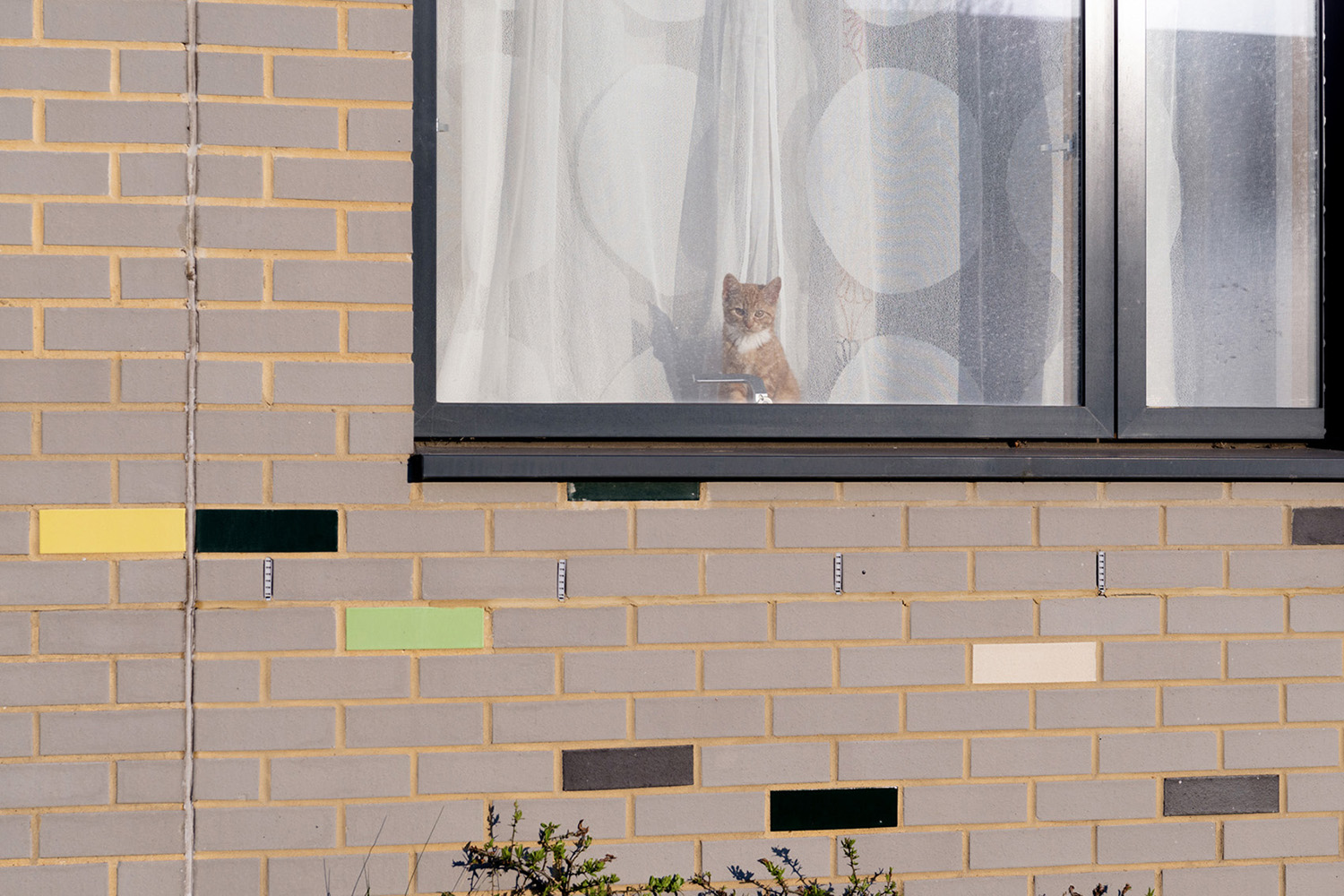
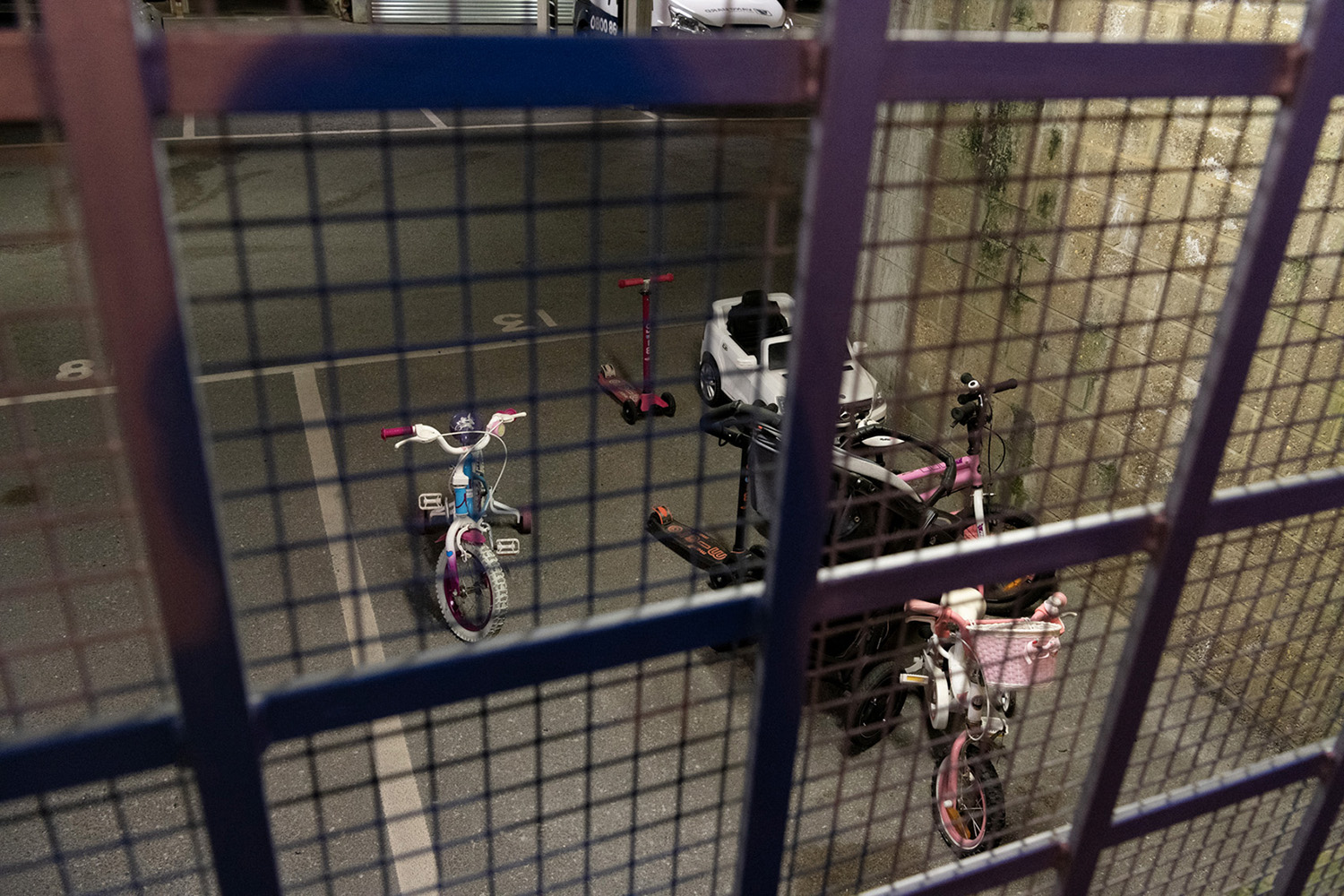
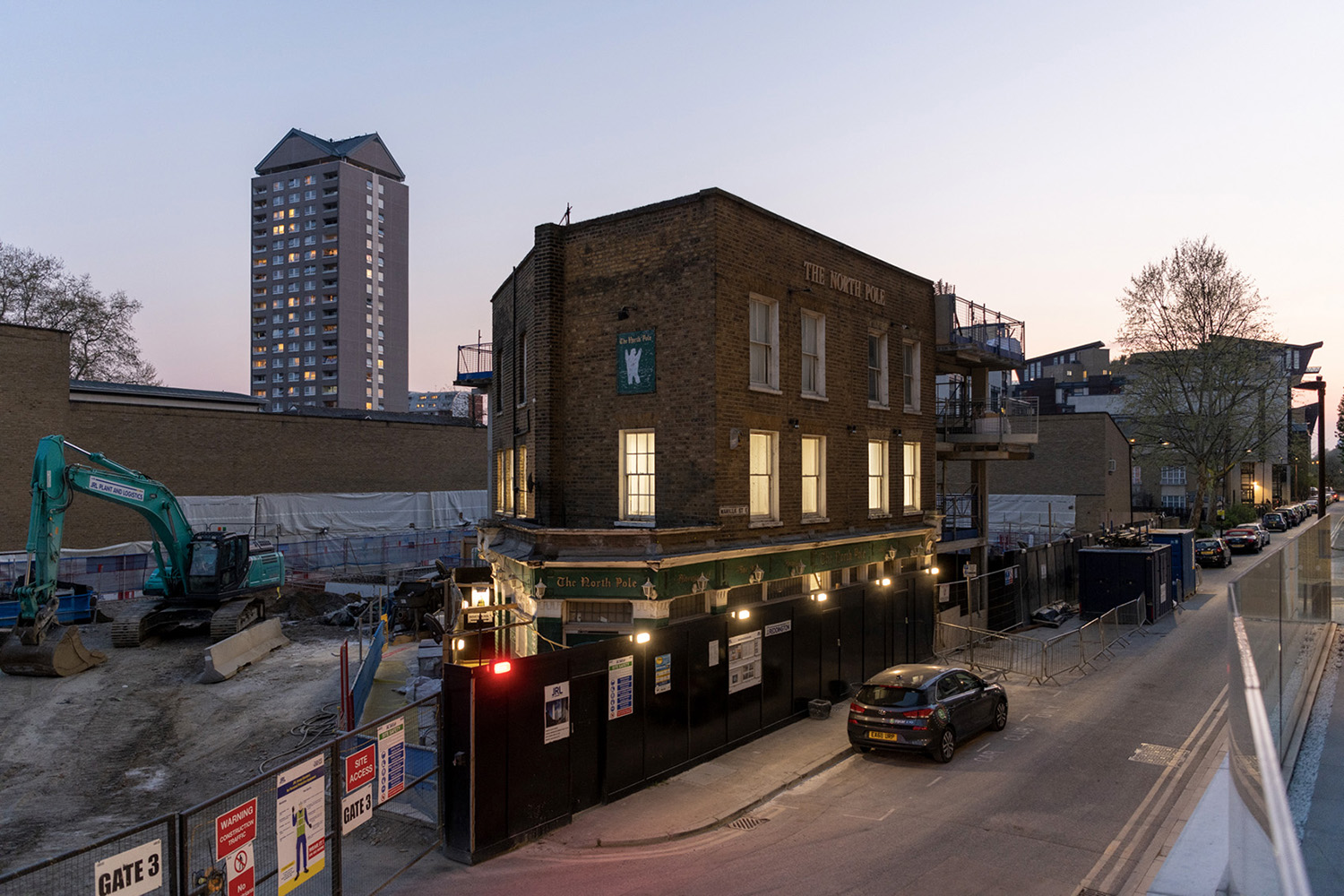
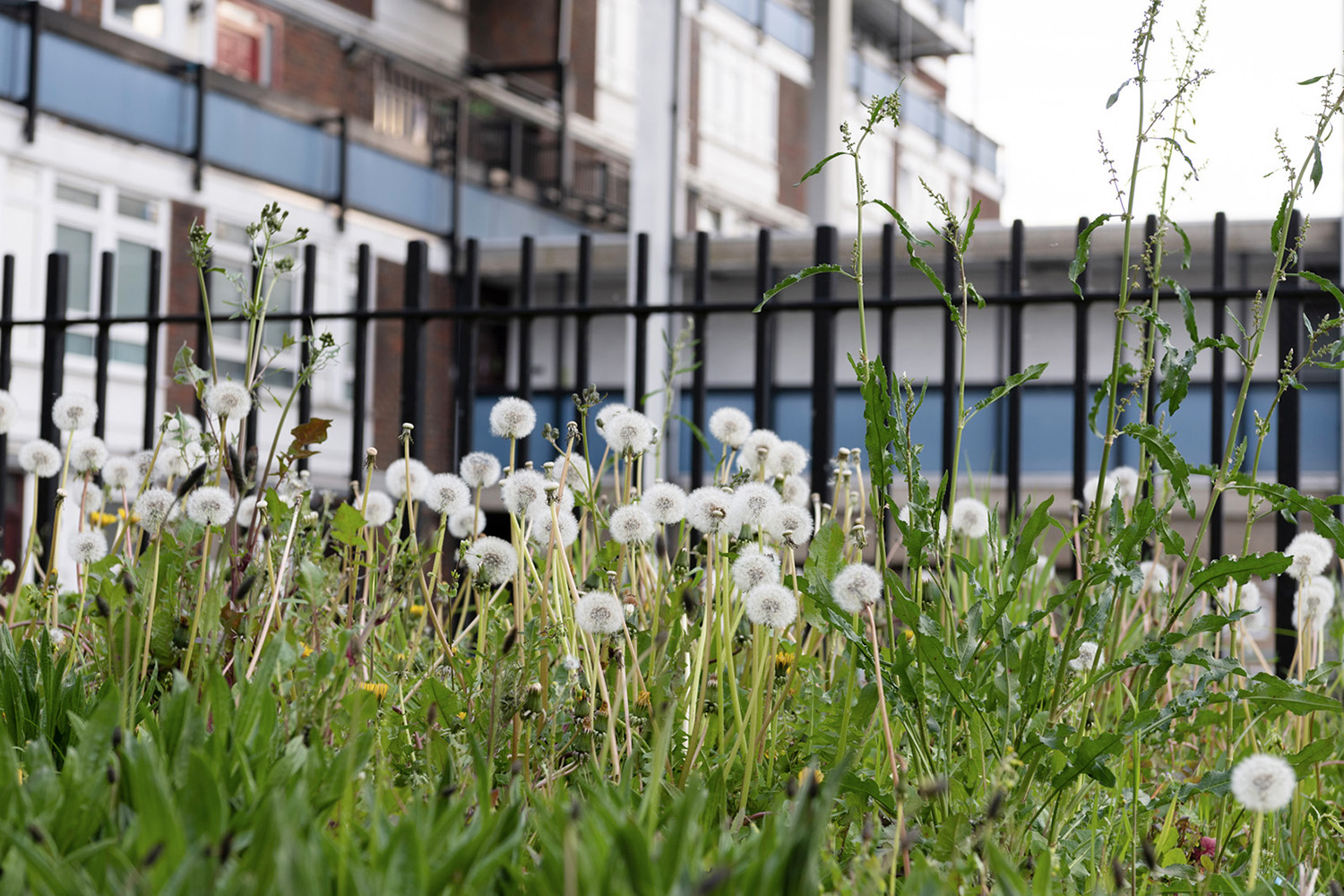

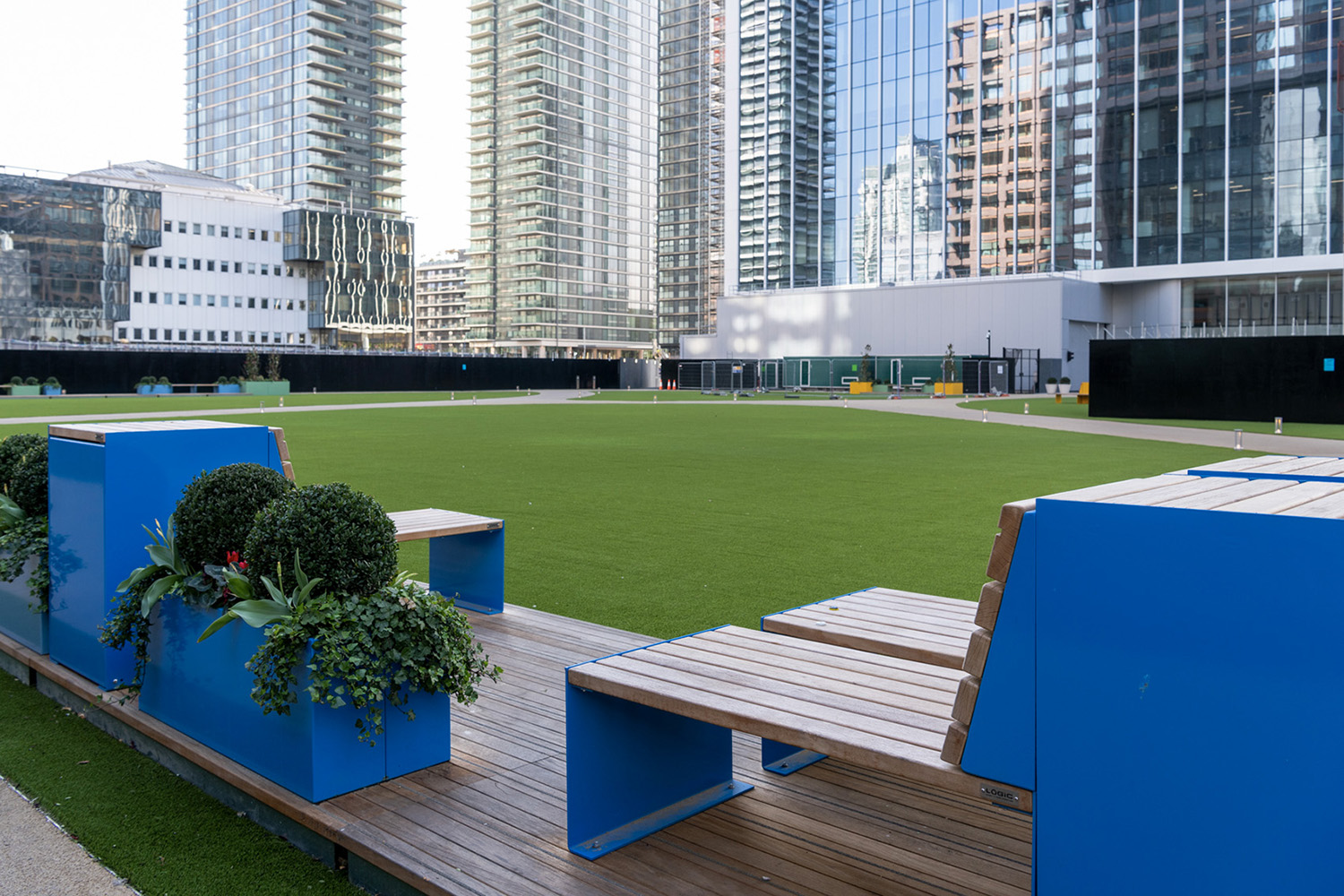
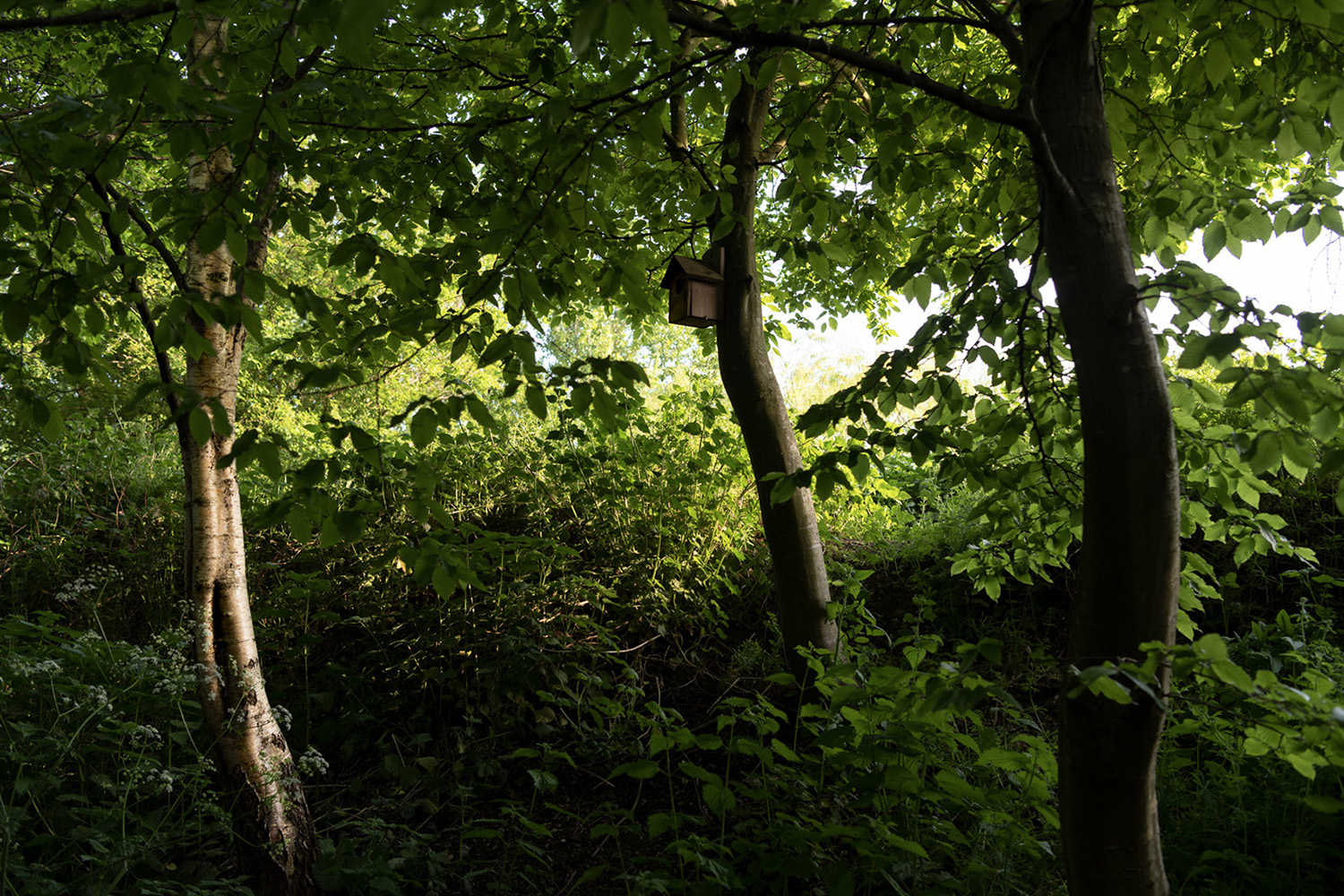
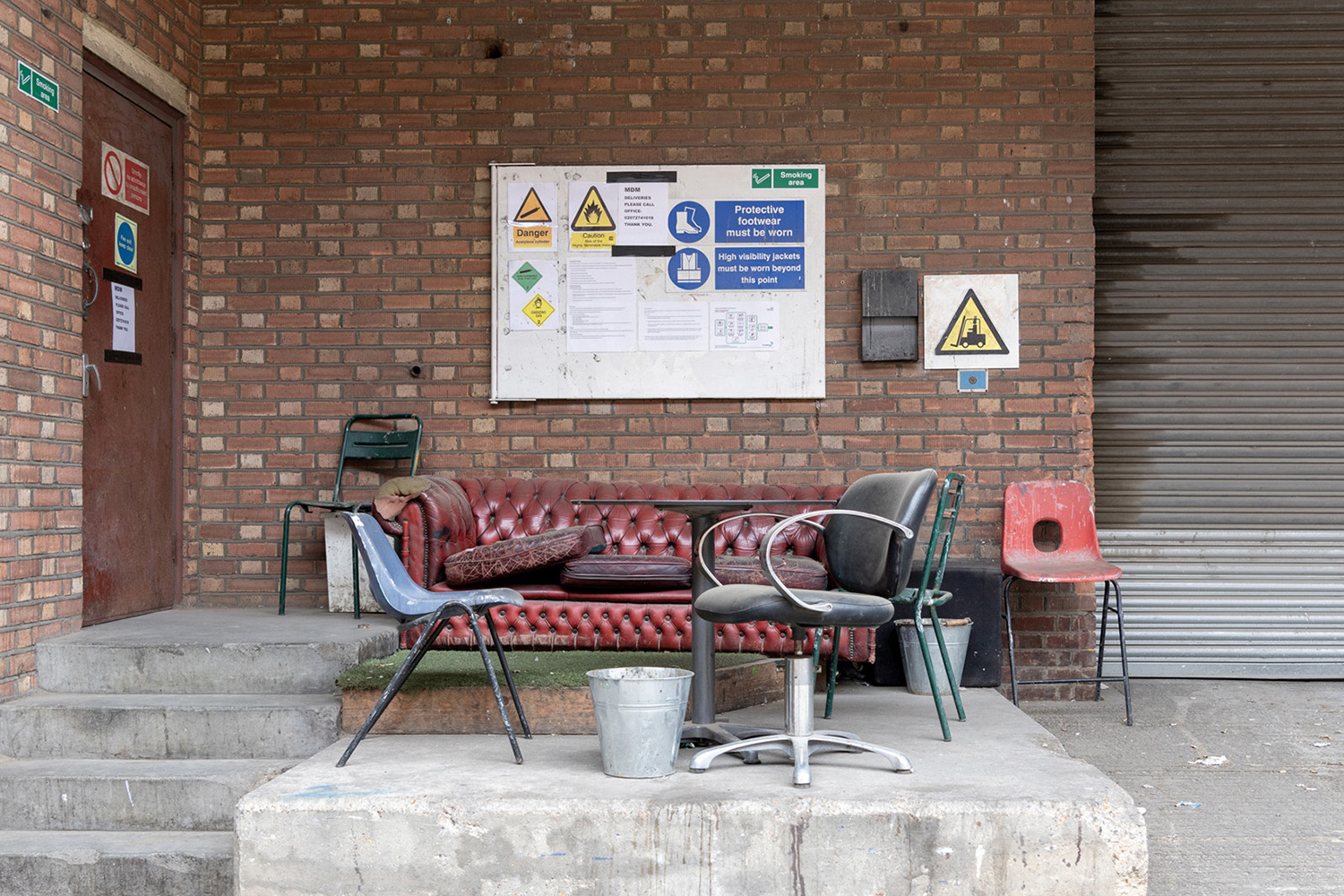

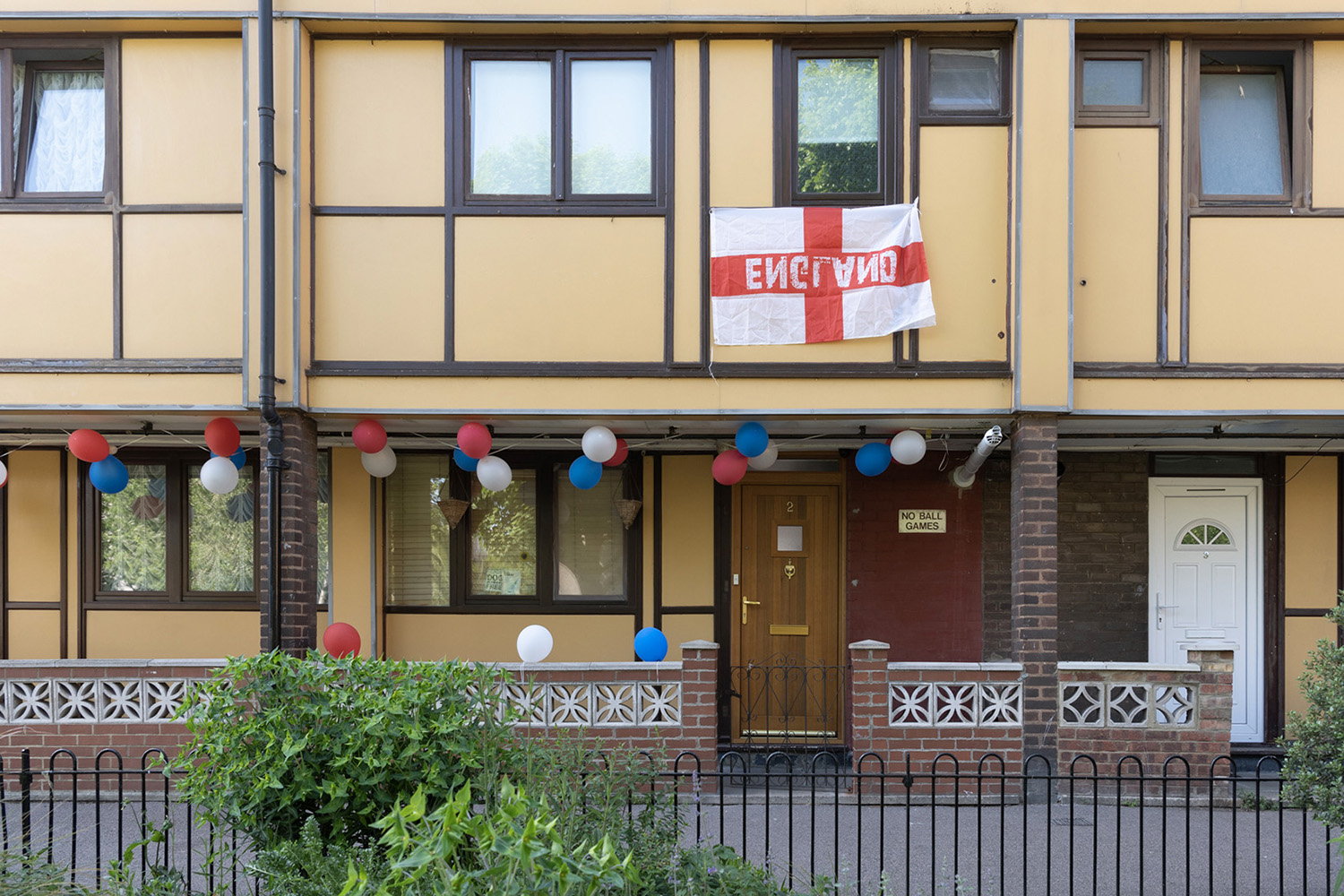
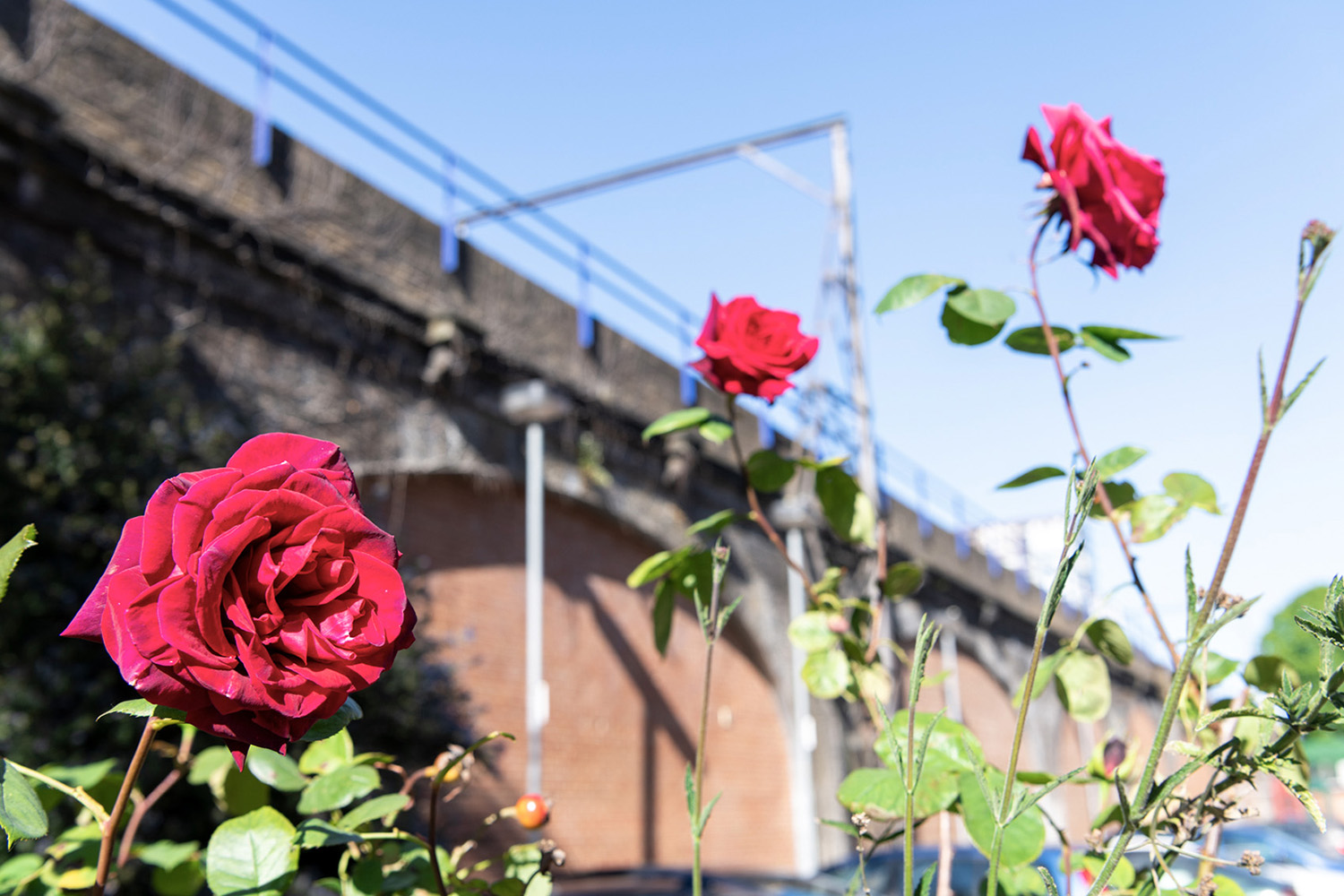
-
In response to the coronavirus pandemic, the British government locked down the entire country from 23 March 2020. Until the lockdown was partially lifted on 13 May, the population was only allowed out of their homes for a few, very limited purposes that included ‘one form of exercise a day’.
I chose to walk and at some point every day I set out from our flat on the Isle of Dogs, London. I walked and walked, as if forward motion could comfort or make sense of the news, the numbers of dead, the strangeness and fear. Meanwhile, spring was magnificent, impervious to the invisible invader that had emptied out my everyday.
Walking gave shape to the days but at the same time it set up a persistent dissonance, a discomfort. I was walking to exercise my now very restricted physical freedom because a state of emergency had been declared: we were under deadly attack. Yet no bombs fell, there was no ‘damage’ to be seen. Roaming largely empty pathways and undisturbed streets, I realised my expectation of disaster was conditioned to involve visible destruction. The words ‘disaster struck’ were always accompanied in news reports by violent images of war, famine, giant mudslides or tsunamis. The glorious weather only confused me further. Terrible things do happen on sunny days (why is this so hard to believe?).
Between walks, I consumed news compulsively, trying to comprehend what was happening all around but out of sight. Incidental indicators like the unmown parks and the increasingly shaggy and unshaven television reporters, doing their best from home with laptops, did as much as their stories to show that something was very wrong with the world as we had so recently known it.
As I walked on under blue and empty skies, it occurred to me that the territory I was marking out, step by step, may be my whole world for a long time to come. For so many of us, moving here all those years ago was meant to be the outward leg of a return journey, at least in theory, and the annual visit home was taken for granted. What would it mean to have only ever virtual versions of our family, our birthplace? Never again to be there.
Over the 51 days, I walked 258 km with my camera. This is my diary: one image from my permitted walk per day and a front page headline from a national newspaper.
Marsha Dunstan, May 2020
Postscript
On that first day of lockdown on 23 March, it was early spring and there were 6,650 confirmed cases of Covid-19 and the virus had killed 335 people in the UK. Fifty-one days later, with summer around the corner, there were 233,151 cases and the number of deaths from the virus stood at 33,614.
Lockdown in the UK has, for now, gradually been eased (or eroded), beginning with unlimited exercise from 13 May. However, all non-essential shops, hair and beauty salons, theatres, cinemas, galleries, museums, hotels, pubs and restaurants remained closed (except for takeaways) for another month or more. I enumerate just a few to remind myself of the once unthinkable. Some have chosen to stay closed longer, many will never reopen. Those of us who can work from home continue to do so, while workplaces are made Covid-safe. Travel is still limited and some countries’ borders remain closed to all but returning nationals willing to be quarantined.
Looking back, those early days seem a time of innocence and shocked obedience; now the still-rising death toll and the immense social and economic damage are sinking in. Prime Minister Boris Johnson and his government may have abandoned their daily televised updates but hundreds more coronavirus cases are still being identified every day and the virus has, at the time of writing, directly caused more than 45,000 deaths in the UK. Globally, more than 600,000 people have died and confirmed cases are rising by more than 200,000 a day.
MD, July 2020